You know that moment when you make a mistake, then realise it’s had an unexpected outcome that’s almost as good as the one you were expecting?
That happened to me on Friday.
I’ve been firing off Freedom of Information requests (FOIs) to various bodies in an attempt to hunt down snippets of information. It’s something I’m pretty new at doing, so yes, mistakes get made.
One of those was a request to NHS England, trying to obtain various bits of information in relation to the UKs Adult Gender Identity Clinics (GICs). Now some folks will say ‘Oh, you should have gone straight to the GICs for this data, everyone knows that’. However, that makes you wonder why no one else has managed to make this particular connection.
To understand why this is important, we first need to understand who NHS England are and what they are responsible for.
NHS England
To use their full title, NHS England and NHS Improvement (since 1st April 2019), and are responsible for overseeing the budget, planning, delivery (commissioning) and day-to-day operation of the NHS in England.
In effect, they manage the NHS. And like any other business, you need data for that.
What data did I ask for?
In my FOI request, I asked :
‘Please provide the following information for each of the UK Gender Identity Clinics, by year between and including 2013 and 2020:
Number of people on the waiting list at the end of each year
Number of people who attended a first appointment in that year
Average wait time for those who attended a first appointment that year (time between referral and appointment)
Number of people who had been referred more than once
Number of people who received a diagnosis of “Gender Dysphoria”
Number of people discharged each year
A breakdown of those discharged each year to include both number of people and reasons for discharge (including relevant diagnostic / discharge coding and explanation of such)’
This is the most basic information set needed for NHS England to manage the GICs in terms of both current performance, capacity, allocating budget and recommissioning services as needed.
What was the response from NHS England?
‘NHS England does not hold information in relation to your request’
Let that sink in.
NHS England, the body responsible for managing the NHS..
Did not bother to collect relevant data needed to manage NHS GIC services.
It is little wonder that GIC services went completely off the rails, waiting lists grew exponentially and nothing has been done about it. The GICs have, and continue to operate without performance analysis or oversight. It means that NHS England, although aware of growing waiting lists far outstripping capacity since 2016, simply saw it as a manpower issue without having any data to actually back that up – and ignored the problem.
Any competent organisation, knowing that it had a growing problem five years ago would then start collecting info to monitor and address the problem – but no, they had no data and clearly couldn’t be bothered to obtain any.
I would suggest that this basic failure may also be responsible for the delays in recommissioning surgical services for bottom surgery for trans men, and increased funding for the London GIC resulting in zero effect on service delivery.
Without data, both historic and current, you cannot manage anything.
It’s like trying to calculate next year’s sales forecast for an existing product without knowing what you’ve sold in the previous years. You may as well consult a magic 8-Ball.
NHS England admits it has a problem
A very interesting comment in the response was this :
‘We are currently forming plans to consolidate Gender Dysphoria Clinic (GDC) provider reporting into a centrally managed reporting template that will record:
number of referrals received; number of first appointments offered
number of patients waiting for a first appointment
number of discharges
details of waiting times
It will not be possible to identify “patients who have been referred more than once” as the reporting template will not record patient identifiable information, and it will not record “reasons for discharge”. ‘
Somewhat good news for the future is that NHS England are planning to obtain and hold this quite basic performance data to, you know, actually do what they’re supposed to be doing in the first place, although they have given no date for when this will be operational. Better later than never, and will definitely be needed to manage a most disparate host of mini-gic services if they continue to roll out the pilot programmes.
It’s however a little surprising that they won’t look at reasons for discharge, as surely any reasons other than ‘Gender Dysphoria – treatment completed’ would potentially have an impact on other NHS services, or indicate other potential service issues
A Complete Failure
It’s clear from this snippet that NHS England, as well as the GICs, not only dropped the ball on trans healthcare, but left it in the middle of the field, cleared off home and forgot all about it.
When it comes to healthcare for transgender people, NHS England have completely failed in their responsibilities outlined in almost every section of the NHS Constitution, but especially in relation to maximum waiting time for referral of 18 weeks, where it states :
‘You have the right to access certain services commissioned by NHS bodies within maximum waiting times, or for the NHS to take all reasonable steps to offer you a range of suitable alternative providers if this is not possible.’
If you’re not even monitoring the situation, you cant ensure compliance, and with no ‘suitable alternative providers’ you continue to trap transgender people in a failed service provision with no hope of help.




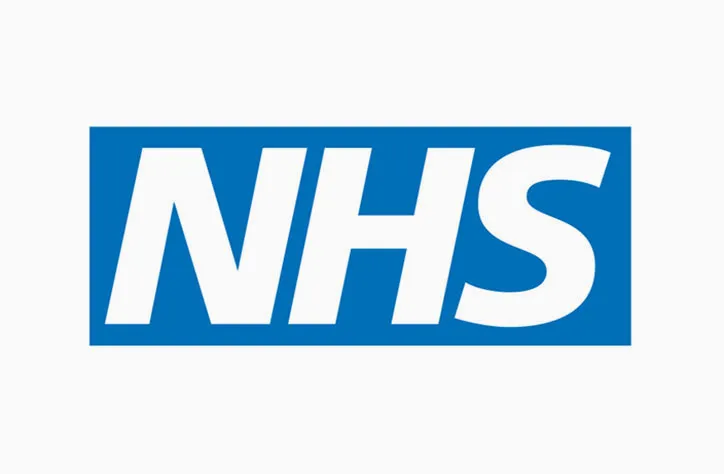

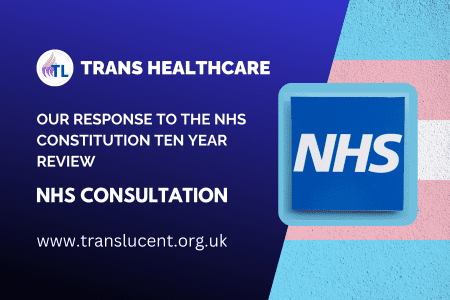

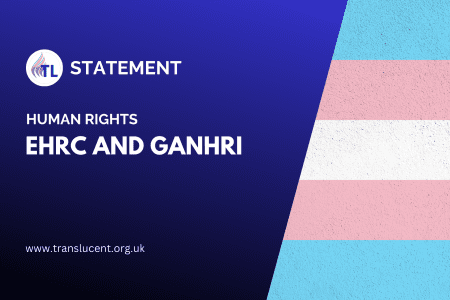
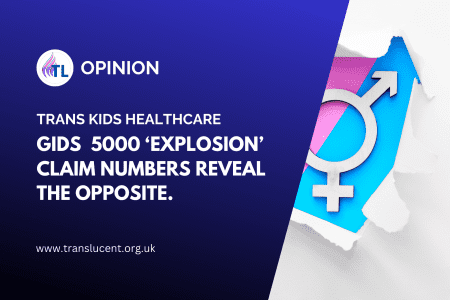
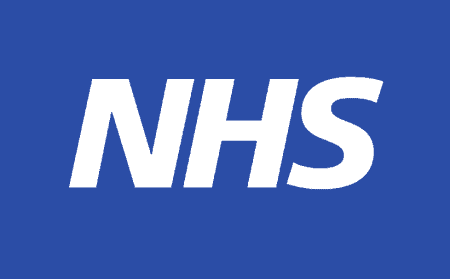
 To provide the best experiences, we use technologies like cookies to store and/or access device information. Consenting to these technologies will allow us to process data such as browsing behaviour or unique IDs on this site. Not consenting or withdrawing consent, may adversely affect certain features and functions.
To provide the best experiences, we use technologies like cookies to store and/or access device information. Consenting to these technologies will allow us to process data such as browsing behaviour or unique IDs on this site. Not consenting or withdrawing consent, may adversely affect certain features and functions.